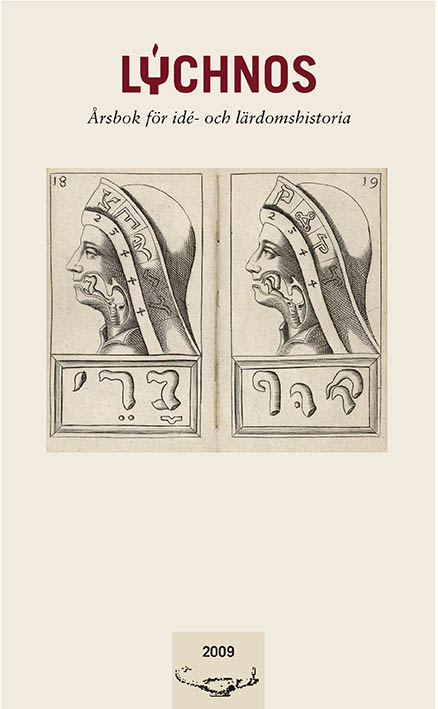Lecture-notes and common-places
Reading and writing about experience in late eighteenth-century Prussia
Abstract
This paper revolves around the late eighteenth-century problem of participatory reading in Prussian university education: can textual accounts give readers access to real-life experiences, even though he or she is not physically present at the site where they are made? By highlighting two kinds of note-taking practices, lecture note-taking and common-placing, two sets of answers are given. Immanuel Kant, the focal point of the article, informs his students that their note-taking efforts were to no avail. In order to understand his lectures, it was necessary to listen to them in situ. This view was highly negotiable, though. Kant’s own note-taking practices, used to prepare his lectures, were based on the assumption that an imaginative reader could share the experience that experimenters and travelers described in their research reports. This, the analysis argues, provoked two reactions from the natural philosophical camp. On the one hand, they were irritated by readers like Kant, upsetting the division of labour between readers and doers. On the other hand, this participatory reading was actively encouraged by practitioners. The outcome of the analysis therefore throws new light upon the hitherto unexamined relation between experience and textualization in late eighteenth-century Prussia.
Downloads
Published
Issue
Section
License
This work is licensed under a Creative Commons Attribution 4.0 International License. The copyright for the work published in Lychnos remains with the authors.


